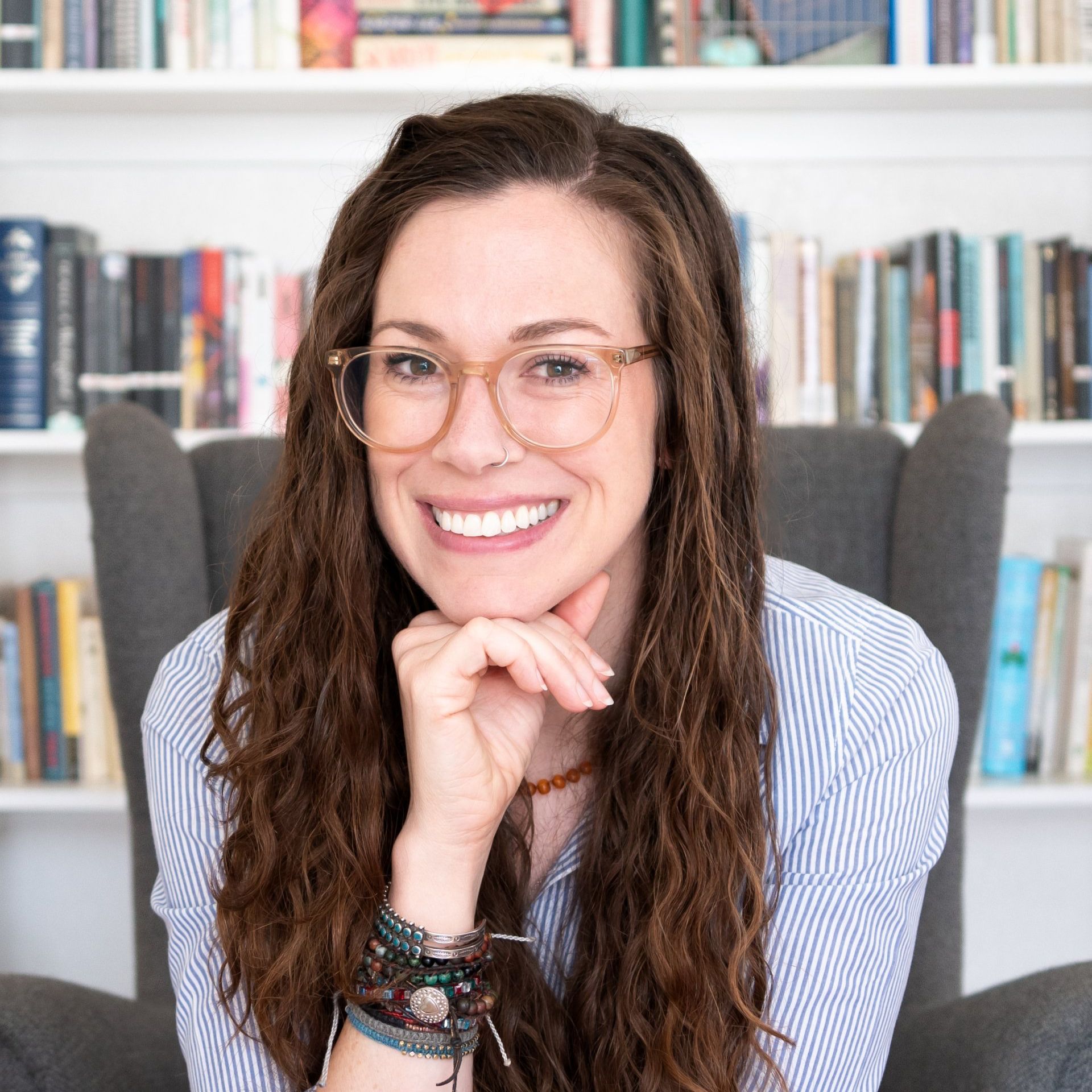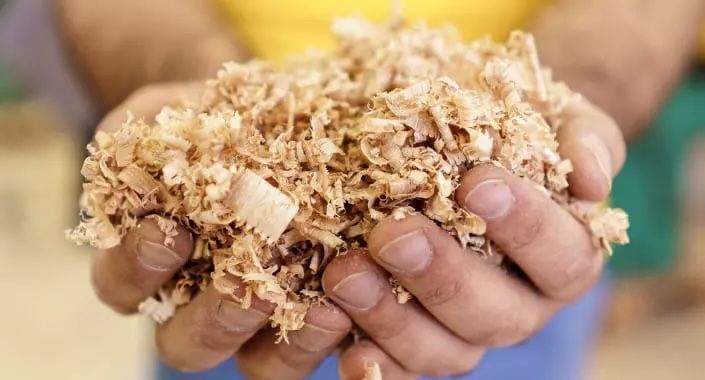A Defect of Love: Why You Don't Own Your Children
"Ye must ask, if the risen body even of appetite is as grand a horse as ye saw, what would the risen body of maternal love or friendship be?”
In C.S. Lewis’s fiction tale The Great Divorce, he takes his readers on a “fantastic bus ride from hell to heaven—a round trip for some but not for others.” Toward the end we meet a ghost woman named Pam who is separated from her young ghost son, Michael. She is conversing with her brother who is a spirit, Reginald. She demands to see her son, not realizing at first that he is in heaven, and she is not.
She tells Reginald she will do whatever it takes to get her son back, to which he replies that all she needs is a “a little germ of a desire for God…to start the process.”
In a dismissive state, she quickly grows restless and angry even, exacerbated that her Mother-love is not recognized as supreme here in the afterlife. She stresses her ownership over her son, multiple times, by reminding the spirit that he came from her own body.
Pam calls his God unloving for separating she and Michael, claiming that she, instead, believes in a God of Love—to which Reginald reminds her of her coldness toward her own mother.
The principle of ownership
I believe there is a spectrum, much like in any area of life, of how “Pam-like” we can be as parents. Maybe it has an ebb and flow as they grow older and more independent. I know my own “Pam-o-meter” swells when I feel as if I need to advocate (or set the record straight) for one of my daughters because they have been misrepresented or misunderstood in some way. Honestly, this is especially so if I feel that their misrepresentation has been reflected on my own image—ugly stuff.
This principle of ownership can manifest itself in many ways. It can look like staged photo-ops with no sustenance behind the scene. Or sharing too much about your children to get laughs or likes—stories that would embarrass them if they knew it was posted to the public.
It shows up when you wedge yourself so tightly into all their correspondence for fear of losing them. It’s there when you schedule, control, and manage their minutes, calories, social engagements, wardrobe, hairstyle, and shoelaces.
For my parenting, this is part of the deal behind swapping our modern American lives for a simpler layout of RV living on a farm while homeschooling. The pull for owning, scheduling, and controlling all aspects of my daughters has been so strong that I took on unattainable standards.
This is something the Lord is working in my life in real time: be patient with their disobedience rather than overtalking it; trust them to sleep when they are tired rather than installing blackout curtains and setting alarms; remember that Jesus came to make all food clean so Red 40 isn’t the end of the world.
We can weave our children and our intentions with them into our own lives so deeply and tightly that there is no margin from the end of you to the beginning of them.
Three truths about trying to own our children:
1. We were God’s creatures before we were parents
I was a high school English teacher for fifteen years, and every time I would meet a parent they would tell me who their student was before their own name. And typically, in jest, we would dialog back and forth about how we lost our identity to our children by becoming “so-and-so’s mom or dad.”
But this is quickly our reality if we aren’t careful, intentional, and deliberate with how we process our lives as parents. Reginald, the spirit, even needs to remind Pam: “There is no such thing as being only a mother. You exist as Michael’s mother only because you first exist as God’s creature. That relation is older and closer.”
When we are in the thick of parenting day after day, year after year, we must consciously work to remember our hierarchy of work: worshipper, spouse, then parent.
And I get it—many days I feel like I am just putting out the fire that is the biggest, meeting the most time-sensitive need, listening to the most dramatic story, and helping the stinkiest kid bathe. We pray for our girls every day, work with them on Scripture memory, teach them how to process mean kids, make sense of cruelty in the world, drive them to practices, administer their vitamins, and lead them through cheerful giving and joyful worship—it’s a high calling for sure! And it’s a blessing! A gift! A reward! They are tomorrow’s Church and our heritage.
But none of this is pleasing to the Lord if we are neglecting the truth that we were first made in the image of God. That role is “older and closer” than that of the role of parent. Our children do not give us meaning—the Lord does.
C.S. Lewis puts it this way, “You cannot love a fellow-creature fully till you love God.” If we forget our place with the Father, then our expectations and need for a return on our kids will swell to such an unfulfilling place that everyone grows empty, devoid of the Spirit.
2. Our love cannot save our children
You can give your kids the best of everything and be intentional with every moment, and it won’t be enough. You can love and sacrifice and relish every age and stage, and it still won’t be enough. The only hope your children have of spending eternity with the Father is through Jesus.
Two of my daughters are repenting believers, baptized through faith. I am learning to trust that more than my reminders of their disobedience. They have the Holy Spirit, and He is far more potent and life-giving than I could ever be.
It is only when we maintain an eternal view of this life as pointing to the kingdom that we recognize our ultimate and total insufficiencies as parents. We can’t aim to give them a perfect life—we must point them to a perfect Savior. Lewis makes this distinction as “natural affection” that needs to transform into “converted love.”
3. Our children belong to God
When Pam maintains her ownership, “he is mine…for ever and ever” Reginald quickly replies with “nothing can be yours by nature.”
Ultimately, our children are not ours. Truly, nothing is. If our time and breath are not ours, how can we try and lay claim to a person—one who also does not own their own time nor breath?
And I say this in no cheeky or dismissive tone. We endure and celebrate so much in our children. When my daughters were all placed on my chest after delivery, I knew my life would never be the same again, and I was grateful for it! We suffer when they suffer. We laugh when they laugh.
Really this should cause us to exhale—our obedience to the Lord (because we are first worshippers!) is to raise them in the fear of the Lord, discipling them in His statutes.
We are to persevere as they push back through the eye rolling, name-calling, ungrateful hearts, and joyless attitudes. We are to be faithful to our children, teaching them to love the standard God has set before us. But ultimately, God is the One who draws them, and they respond because their greatest relationship is that with God and not their parents.
Good ole C. S. Lewis
Lewis ends the story of Pam and her son, Michael, this way when an onlooker begins to talk about how she loves her son too much:
“Excess of love, did ye say? There was no excess, there was defect. She loved her son too little, not too much. If she had loved him more there'd be no difficulty. I do not know how her affair will end.
But it may well be that at this moment she's demanding to have him down with her in Hell. That kind is sometimes perfectly ready to plunge the soul they say they love in endless misery if only they can still in some fashion possess it.
No, no. Ye must draw another lesson. Ye must ask, if the risen body even of appetite is as grand a horse as ye saw, what would the risen body of maternal love or friendship be?”
Worshiper, wife, mom—with the help of the Lord, this is my hierarchy of work. Beyond this I homeschool the girls and hold down a staff position at Zionsville Fellowship in Zionsville, Indiana. I read, write, do yoga, cook, and practice thinking pure and lovely things.






